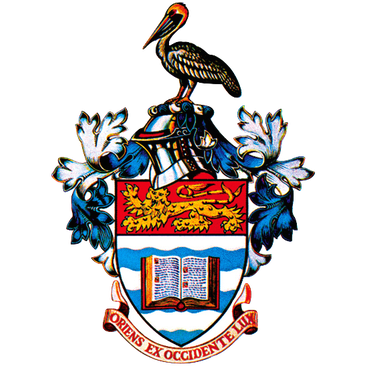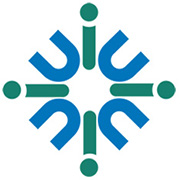📖Program Curriculum
PROGRAMME STRUCTURE
You will study the same courses in the first three whether you are on the BEng or degree programme
YEAR 1
You will take courses in mechanical engineering mathematics dynamics digital and analogue electronics materials statics thermodynamics and engineering skills This interdisciplinary approach also makes it easy to switch to most other engineering disciplines at the end of 1 should you wish to do so
YEAR 2
You will continue to study mathematics and fundamental engineering courses linking the mechanical and electrical domains which form the basis for the study of mechatronics
YEAR 3
You will develop knowledge and skills in electronic system design real-time programming and control systems This is combined with study of mechanical instrumentation and data systems to develop the interdisciplinary skills necessary to undertake a mechatronic group design project
YEARS 4 AND 5
In 4 and 5 you will take a range of courses in engineering In addition you will take courses in professional practice including developing business plans understanding professional and legal requirements and management
In your final you will undertake a major individual project which for the degree may be in industry or on an industry-supported topic The final is completed by a range of in-depth technical courses
Course details
You will study the same courses in the first three whether you are on the BEng or degree programme Both embed creativity to develop world changing engineers
YEAR 1
Core courses
ANALOGUE ELECTRONICS 1
DESIGN AND MANUFACTURE 1
ENGINEERING SKILLS 1
MATERIALS 1
DYNAMICS 1
ENGINEERING MATHEMATICS 1
MICROELECTRONIC SYSTEMS 1
STATICS 1
THERMODYNAMICS 1
In your first you will take a wide-ranging curriculum which includes courses in mechanical engineering mathematics dynamics digital and analogue electronics materials statics thermodynamics and engineering skills These courses are supported by individual and group project work and laboratory work This interdisciplinary approach favoured by industry also makes it possible to switch to most other engineering disciplines at the end of 1 should you wish to do so
YEAR 2
Core courses
ANALOGUE ELECTRONICS 2
DESIGN AND MANUFACTURE 2
MECHANICAL DESIGN 2
ELECTRONIC DESIGN PROJECT 2
EMBEDDED PROCESSORS 2
POWER ELECTRONICS 2
MECHANICS OF STRUCTURES 2A
INTRODUCTORY PROGRAMMING 2
DYNAMICS 2
FLUID MECHANICS 2
ENGINEERING MATHEMATICS 2
You will continue to study mathematics and fundamental engineering courses linking the mechanical and electrical domains which form the basis for the study of mechatronics
YEAR 3
Core courses
SOFTWARE ENGINEERING M3
CONTROL 3
ELECTROMAGNETIC COMPATIBLITY 3
ELECTRONIC SYSTEM DESIGN 3
INSTRUMENTATION AND DATA SYSTEMS 3
DESIGN AND MANUFACTURE 3
SIMULATION OF ENGINEERING SYSTEMS 3
MECHANICS OF SOLIDS 3
DYNAMICS 3
POWER ENGINEERING 3
REAL TIME COMPUTER SYSTEMS 3
MECHATRONIC TEAM PROJECT 3
You will develop knowledge and skills in electronic system design real-time programming and control systems This is combined with study of mechanical instrumentation and data systems to develop the interdisciplinary skills necessary to undertake a mechatronic group design project The mechanical courses include mechanics of materials and structures and dynamics and control
YEARS 4 AND 5
Core courses
CONTROL 4
DIGITAL SIGNAL PROCESSING 4
INDIVIDUAL PROJECT 4
ROBOTICS 4
AUTONOMOUS VEHICLE GUIDANCE SYSTEMS 4
PROFESSIONAL AND ENTREPRENEURIAL PRACTICE
In 4 and 5 you will take a range of courses in engineering including courses in control robotics and mechatronic systems In addition you will take courses in professional practice including activities such as developing business plans understanding professional and legal requirements and management
In your final you will undertake a major individual project which for the degree may be undertaken in industry or on an industry-supported topic The final is completed by a range of in-depth technical courses including control dynamics auto vehicles and fault detection
Show less








